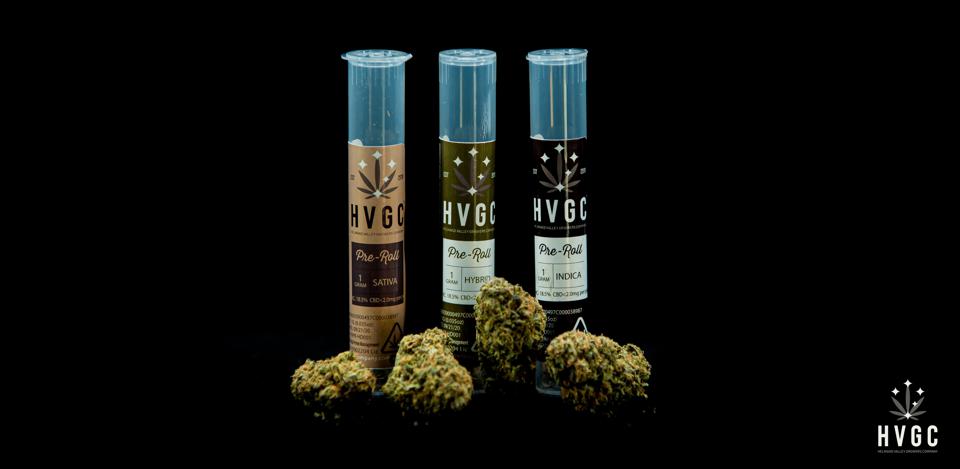When cannabidiol (CBD) was first legalized in Australia in 2015, all products containing the cannabinoid were only available to those with prescriptions. However, as of 2021, this requirement has changed.
Legislators initially acted with extreme caution regarding CBD and mandated that only prescription holders could obtain the cannabinoid. However, to provide broader access, regulators have now made it legal for the public to obtain low-dose CBD products without the approval of a doctor.
The Therapeutic Goods Administration (TGA) rescheduled CBD from Schedule 4 to Schedule 3 of Australia’s Poisons Standard. Schedule 4 substances are only available with a physician’s prescription, while pharmacists can sell Schedule 3 substances over the counter.
The news was welcomed in the industry. However, since CBD is still scheduled in Australia, producers must provide data to demonstrate the safety, efficacy, and quality of their products. And some in the industry see this as problematic.
CEO Oliver Horn of Elixinol, a CBD producer in the country, told Hemp Industry Daily “…the TGA’s approach is not reflective of the overall global trend…or the regulatory frameworks recently confirmed in Europe, [where] product suppliers have to demonstrate stringent safety standards but not efficacy.”
The mandate to provide efficacy could prevent many players from entering the market.
“The consequence is likely to be that the vast illegal supply of CBD products from online suppliers into Australia will continue to exist simply because its more convenient, easily accessible and likely to be cheaper,” he said.
For the time being, the TGA’s ruling stands. But, with industry pressure, the governmental organization may tweak its CBD rules to make them more in line with the rest of the globe in the coming year.
Image Credit: OpenClipart-Vectors
Image Source: https://pixabay.com/vectors/australia-flag-country-continent-153732/

